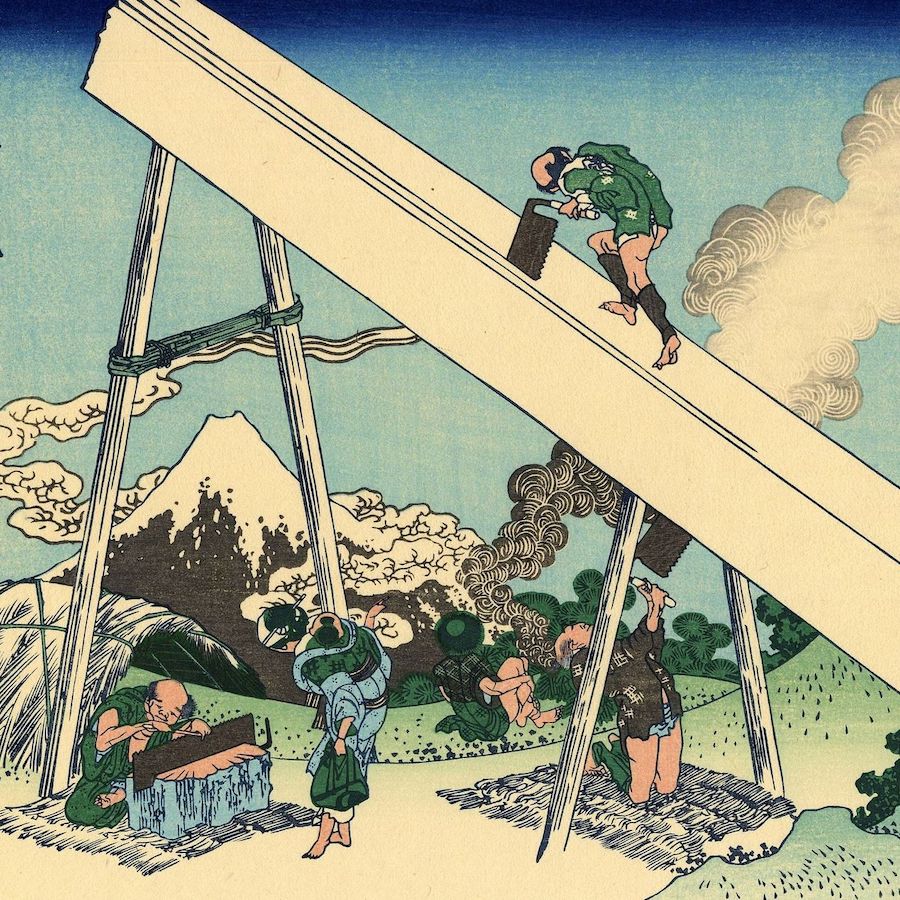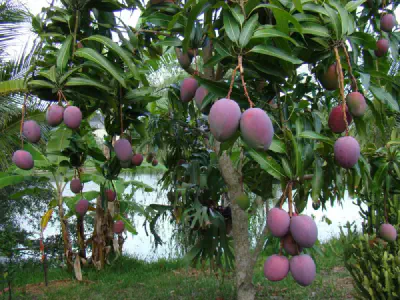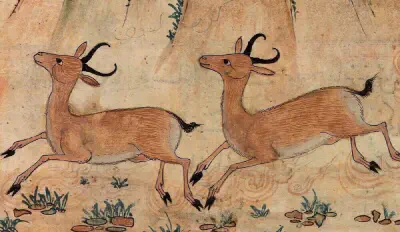A couple of years ago, whilst at a conference on Chinese philosophy in the city of Wuxi, I ran into the Dutch flamenco dancer, Tamar Porcelijn. Trained initially in Western dance and in flamenco, Tamar developed an interest in Chinese philosophy after taking up the practice of the martial art Tai Chi (or taiji_q_uan). It was a change that totally transformed the way she danced.
Tamar said that she had learned to work hard through her training in Western dance. But Tai Chi had taught her something more important. It had taught her how to work soft.
This soft work, she said, was revolutionary. It involved a complete shift in how she danced. It transformed her relationship to her own body and her own mind. It revolutionised how she practised dance, how she taught her students, how she lived.
Tamar’s idea of working soft has stayed with me. It reminds me of the great Chinese writer, Liu Xie, who said if one works too hard, one ‘becomes weary in spirit and sapped in vitality. This is the law governing our nature and feeling.’
Hard work is like grinding hard stone. It saps our vitality and wearies our spirit. Hard work drains us, leaving us used-up. It diminishes life, even if it feeds the work in which we are engaged. It is a zero-sum game. Either you thrive, or the work thrives. Not both. Never both.
Soft work is different. It feeds our vitality. It sustains our spirit. It feeds both our life and the work we are doing. Soft work is a virtuous circle. It is work as if life matters.
So I wanted to share these notes toward a manifesto on soft work, a programme for revolution against the demands of hard work. This is not a fully formed manifesto. These are only notes. But these notes may help us organise some kind of resistance to the culture of hard work. It is a kind of soft resistance. And perhaps this is the most powerful form of resistance there is. As the Daodejing says, ‘the soft and supple overcome the hard and unyielding’.
A Soft Work Manifesto
- Soft work recognises that we are flesh Your body is not a burdensome impediment to the great projects of your life. You should treat it nicely. You should take it out to lunch.
- Soft work is not virtuous Have you noticed how often claims to be working hard are accompanied by an unseemly prickling of virtue? When you feel that tremor of virtue, it’s time to go do something else. Go and treat your body to lunch.
- Soft work gives up on guilt Guilt is largely pointless. It feeds on itself. It grows monstrously. Give it up.
- Soft work also gives up on fear ‘If I stop working hard, won’t I get fired?’ Well, you might. But the gods are capricious. Sometimes those who labour most diligently, those who work the hardest, are the first to be sacrificed.
- Soft work recognises that others are soft, too Even those men in suits and cufflinks who apparently rule the world. They probably go home at night and sob to themselves. Or they wish they could sob. Perhaps if they recognised their own softness, they would be easier to deal with. Perhaps things would change.
- Soft work shuns nonsense ‘There’s a lot of things in this world / you’re gonna have no use for,’ Tom Waits bellowed. It’s true. The world is full of bona fide nonsense. Sometimes, if you ignore it for long enough, it shambles away of its own accord, like a melancholy bear.
- Soft work is sneaky Soft work finds workarounds, ruses, tricks, secret passages for escaping from our subterranean caves. This sneakiness may be unvirtuous; but it is not unkind.
- Soft work is generous It is not about shifting the burden to somebody else. It is not about letting others take the strain. Instead, it is about rebuilding our cultures so that we can at last work as if we were human beings.
As a manifesto, I know that this is incomplete and imperfect. But soft work recognises our incompletion and our imperfection, and it continues on regardless.
I hope that these notes toward a soft manifesto are useful to you, however incomplete and imperfect they may be. Because it may be that the beginnings of the revolution we are looking for will be found not in constantly seeking to work harder, but instead in a commitment to working softer.
*Hokusai: In the Mountains of Totomi (1830). Via [Wikimedia Commons](



